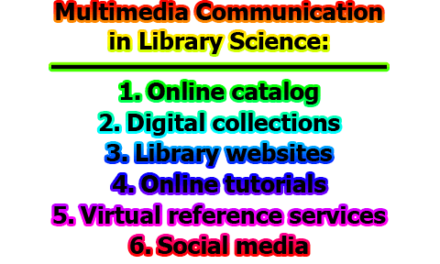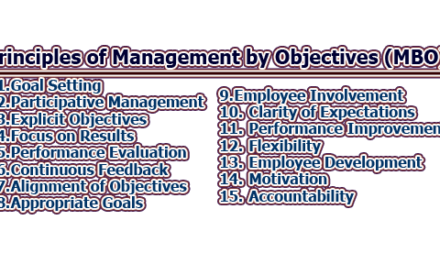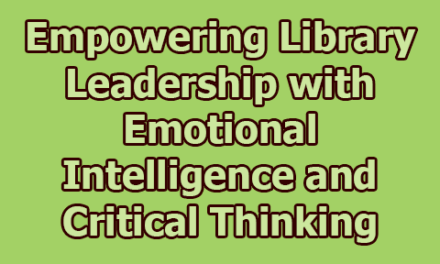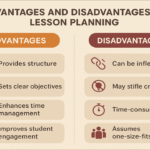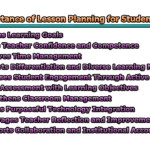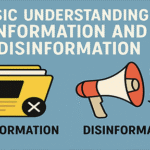Global Trends in LIS Education:
LIS education worldwide is evolving rapidly to keep up with the changing needs of the profession and the broader social and technological context. Here are some of the key global trends in LIS education:
- Digital Transformation: With the growth of digital technologies, there is a significant shift in LIS education towards digital transformation. LIS programs are now offering courses that focus on digital technologies such as digital libraries, data curation, data visualization, and data analytics. Students are trained to work with digital collections, metadata, and digital preservation techniques. There is also a focus on developing skills in emerging technologies such as machine learning, artificial intelligence, and blockchain.
- User-Centered Services: LIS education is moving towards a user-centered approach, emphasizing the importance of understanding the needs of users. LIS programs are offering courses on user experience design, user behavior, and user needs analysis. Students are trained to provide personalized services to users, such as customized search and retrieval services. The emphasis is on designing services that meet the needs of users and making information more accessible to them.
- Collaboration and Partnership: Collaboration and partnership are crucial to LIS education. LIS programs are now emphasizing the importance of interdisciplinary skills and knowledge. LIS students are encouraged to collaborate with professionals from other fields such as computer science, business, healthcare, and law. This helps to create partnerships and interdisciplinary approaches to problem-solving.
- Social Justice and Equity: Social justice and equity are becoming more significant in LIS education. LIS programs are offering courses on diversity, equity, and inclusion, emphasizing the importance of providing equitable access to information and services to all users, regardless of their background or socio-economic status. There is also a focus on addressing issues of bias, discrimination, and social inequality.
- Professionalism and Leadership: Professionalism and leadership are essential in LIS education. LIS programs are offering courses that focus on leadership skills, such as strategic planning, team building, and project management. Students are also trained to be ethical professionals and to adhere to professional codes of conduct. There is a focus on developing leadership skills that enable graduates to advance their careers and take on leadership roles in their organizations.
Overall, LIS education is adapting to meet the changing needs of the profession and the job market. The emphasis on digital transformation, user-centered services, collaboration and partnership, social justice and equity, and professionalism and leadership reflects the changing nature of the LIS profession and the demands of the information age.

Assistant Teacher at Zinzira Pir Mohammad Pilot School and College



